lend me ur eyes 089
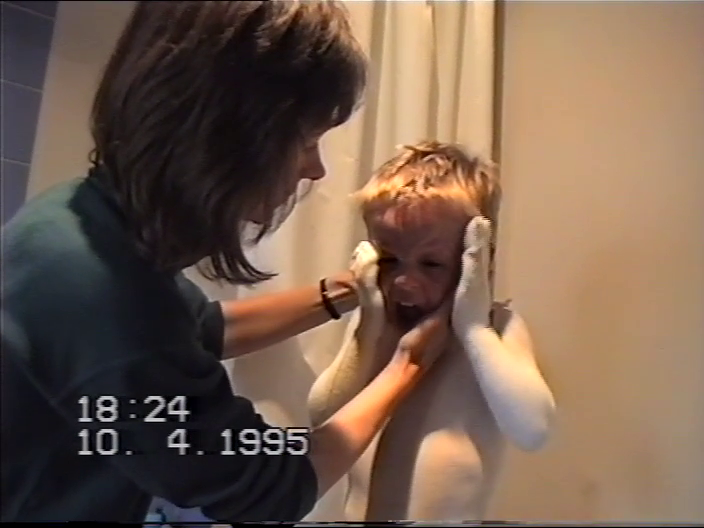
I have been meaning to try to write something about eczema for a while but it’s tricky. It is quite a boring subject; an irksome, persistent condition. Maybe the simplest way to describe eczema is as a feeling of the whole body being the site of an unquenchable thirst. Lately, more or less all day long a small part of my body is itching, calling me to scratch it and screaming if I don’t. The moment that I address that request and scratch the area, a new itchy section then emerges, buzzing at me the same way the previous patch had. Some of these itches are a nuisance, while others burn more intensely. If these itches are not clawed at, whether gently or aggressively, they at least demand to be rubbed, patted, or poked at in some way, acknowledged through touch. The call needs to be answered and the longer I ignore it the louder it screams at me.
People who do not have eczema think they understand what it is to itch and to scratch. But I must insist that they neither truly know the pain of the itch nor the pleasure of the scratch. Scratching ezcema is not quite satisfaction, nor is it relief, but both of these sensations are a part of it. It is a kind of ecstasy. It is fervour. It is deliverance. It is release. It is a perversity, but not one that is easily described. In some of my lower moments, I like to lie on the bed, roll my legs up over my head and go to town scratching at the backs of my thighs with all ten fingernails at once as if my hands were fitted with finger-mounted rakes. I don’t stop this until I am satisfied, which is usually when I bleed.
There is a dialectic that is inherent to eczema. The scratch that is so enjoyable is what does damage to the skin. As such, dealing with eczema becomes this strange interplay of indulgence and discipline, a constant balancing of the need to answer these constant calls and the knowledge that doing so is going to cause inflammation, reddening, or worse. Keeping it at bay becomes, among other things, a battle of willpower that seems to be a moral question as well as a practical one. Scratch now and experience the repercussions later, or maintain a monk-like composure and endure. Am I a righteous person, or will I be a reprobate who gives in easily and succumbs? When I scratch my skin I strike constant bargains with myself, making and breaking internal promises about what the current priority is within the battleground of the overall surface of the body’s stretchy, ever-renewing and self-repairing wrap. I will let my legs get bad with the understanding that I'm focusing on clearing my neck. I will let myself fuck my hands up if I agree to leave the sores on my ankles alone to heal up a bit. I devastate one site to relieve another, or I prioritise visible areas in order to destroy some other sections that can go grimly unseen.
One of the most wretched things about eczema is that the damage it produces is self-inflicted. It is a banal and mostly inconsequential affliction but it is also a self-flagellation and a type of self-harm. I deserve all the degradation I inflict on myself because I am not strong enough to resist the urges that are surging around inside of me, prodding from inwards out. I take the short term satisfaction of shredding my fingers to pieces by wringing a rough towel around them because I want the itch to stop. Then I look at the red raw skin with regret. The next day it heals and then I repeat this ignominious ritual again. Sometimes I wear long sleeves to hide the cuts, sores, and ugly red blotches, but other times I don’t care and wear shorts anyway.
Because eczema is a condition that is instigated by various triggers, none so easily identifiable (stress, certain foodstuffs, allergens, temperature, climate), sometimes you can, to some degree, keep it abated by sheer force of will. Other times it appears totally random, seeming to spread and bloom all of its own accord. Every so often, I try to will myself into wellness, and facilitate a repair. I slather myself in moisturiser dedicatedly, concentrate on calmness, and apply topical steroids to the patches of inflamed skin. “Don’t use this too much,” the doctor says every time, “it will thin your skin.” I reply “I won’t, I just need to clear this flareup.” Both of us know that sooner or later we will be repeating this same dialogue again.
Eczema is currently incurable, but the treatments are ever-developing. Steroid creams abate it, antihistamines sedate it, and a more extreme treatment apparently involves using immunosuppressant drugs, or some kind of periodic injection, to reduce the overactive histamine response that makes us overly-itchy people as reactive as we are. The NHS try to avoid this if they can, so instead they have prescribed me phototherapy, which involves regular and repeated exposure to narrowband UV light. Three times a week, I go to the hospital and stand inside a freestanding tanning booth wearing nothing but a protective sock. Each time I do it I feel like I am entering the teleportation chamber in David Cronenberg’s The Fly. They ask me to confirm my birth date and then they blast me with a dose of hot light. I like going to the hospital a lot because it means I get to look at way more people than I ever usually would. The treatment is very strange but it is a ritual that I have quickly gotten used to even if, so far, it is yet to have any real positive effects.
Ezcema is a weird thing. The damage it does is negligible on the grand scale of bodily dysfunctions. But it is also a nuisance that is omnipresent, not to mention expensive and annoying to constantly have to treat. I’ve tried wet bandages, manuka honey, about seven different topical steroids of varying strengths, and I get through a big tub of fancy moisturiser every week. Lately I have taken to wearing white fabric gloves in bed like some kind of night magician, but when I wake up I find that I have taken the gloves off and the bed sheets are spotted with little dots of red.
Ten percent of my brain is always occupied by the ambience of the itch, and all the while I have been writing this (and editing it, trying to make it read less self-pitying and morose), I have been pausing momentarily to scratch. I pull a sock down to quickly shred the ankle that is gnawing at me. I nuzzle at my forehead with my knuckles to ease a lesser sensation that won’t go away. I contort my body like a sculpture to probe and prod at that gap between the shoulder blades that is notoriously difficult to reach. I glide lightly over the area just below my eyelid. I tap at a little tickle on my clavicle. I run a quick fingernail under my chin.
PLAYING
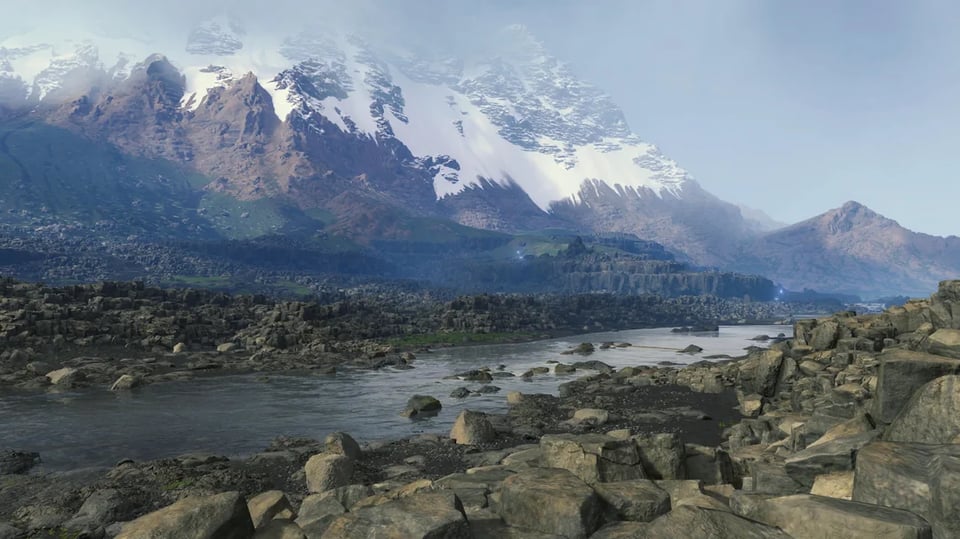
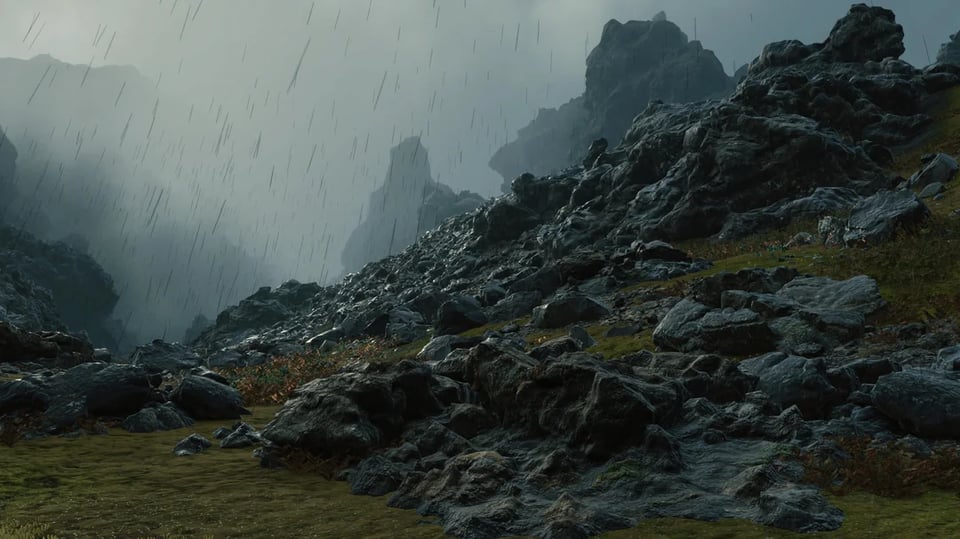
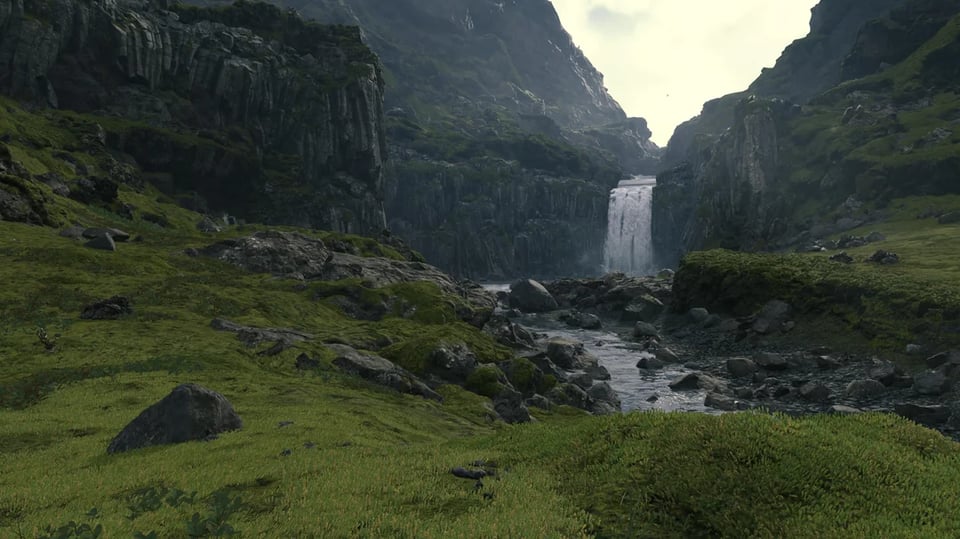
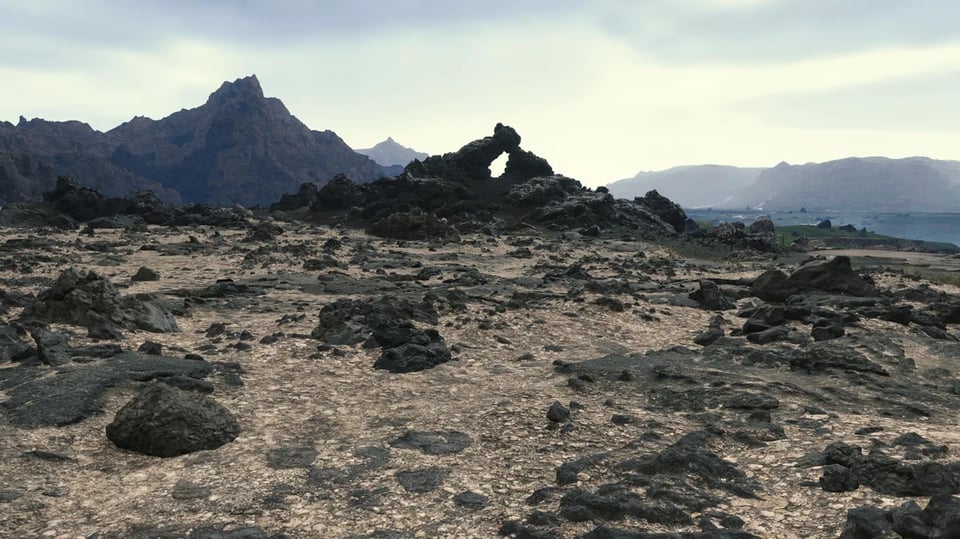
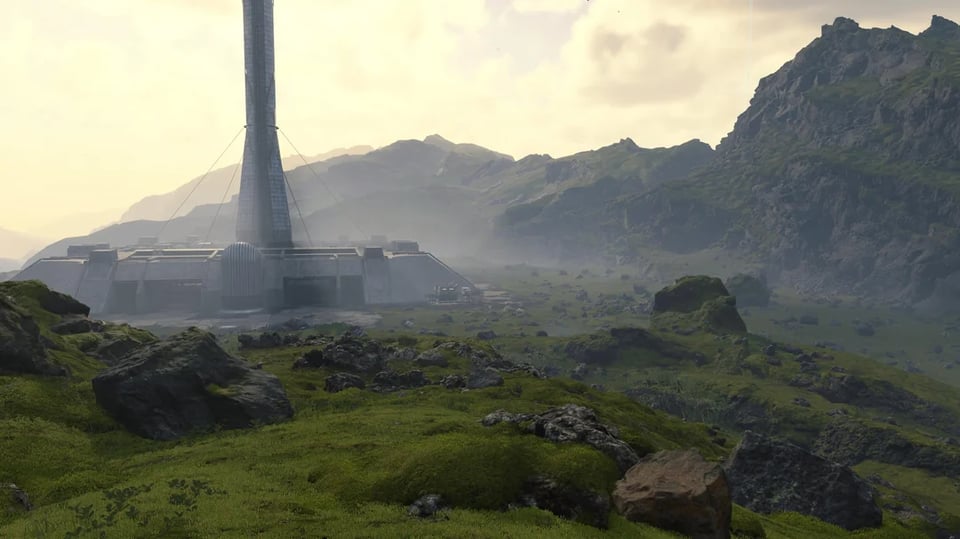
This year I have been mostly playing open world games. In the past I have not really enjoyed games of this type. These games are often designed to take significant amounts of time to complete and sometimes suffer from bloat as a result, and my preference is for short, story-driven games. I like to feel like I am having an experience that is structured and authored. I speed through campaigns and tend to ignore side quests unless I am fully invested in the game’s world. I do not care for collectibles or other types of in-game chores. I have fiddled about with Assassin’s Creed and Far Cry, I played 25 hours or so of Elden Ring and then felt like I had enough, and I have also tried to play Breath of the Wind a few times now, never quite totally clicking with it. I am aware this is my loss. Escapism is a core pleasure of video games, and the appeal of losing yourself in a vast and beautifully rendered world is obvious. I am starting to get it, but I think I just needed a bit of a guiding hand. I played Red Dead Redemption 2 over winter, and, for whatever reason, immediately felt immersed within it. There are a few reasons, I think. It has a simple, propulsive narrative, with competent writing and good performances from the voice actors. The world itself is beautiful and vibrantly colourful, vividly rendering the Wild West setting in incredible detail. It also feels very lived-in, a place that continues on without your interaction but comes alive as you pass through it. And it also bounds your exploration within a relative confinement, meaning that a player like me who needs structure can find it, following objective markers and completing missions within a section of a larger map, before moving on to the next section. Those that need less constriction can let their imagination run wild, fishing, farming, robbing carriages, or doing any number of the near infinite activities the world offers. Whereas a player like me can just move through the story missions progressively, roaming with a purpose rather than exploring fully unmoored. After this, I played one of the Sony Spider-Man games, Miles Morales, a graphically impressive, mechanically excellent open world game tethered to a short, linear story spinning off from the films. Swinging around New York was a lot of fun but it all felt empty to me. Rarely does playing video games feel like a waste of time, but playing this I truly felt like I should be doing something better with my time. It was a short game and I finished it, but I felt like an idiot doing so. After this, I went back to Death Stranding, a game I started playing in 2021 and abandoned, feeling, as usual with open worlds, overwhelmed by the scale of the game. Going back, I felt less intimidated. I had played fifty hours of Red Dead Redemption, probably the largest amount of time I have put into a game since being a teenager and having nothing but time. I could do the same with Death Stranding. Having finished it, I can say that it is probably the most experimental mass-market game ever made. It is quite flawed, but fully authored, totally original, and genuinely strange. It is probably the game that has convinced me most of the appeal of the open world too. The central gameplay is administrative. You repeatedly shepherd parcels of varying shapes and sizes around gorgeously rendered, increasingly perilous environments (above), moving slowly and arduously up mountains and across rivers. You explore. You take in the vistas. You think about your life. The operatic music fades in and it all feels very right. By the end, I had stopped paying attention to the narrative entirely, which was the thing I would have thought I was playing for. Instead, I was just a happy postal worker, taking objects from A to B, struggling slowly up the mountains, enjoying the view.
LISTENING
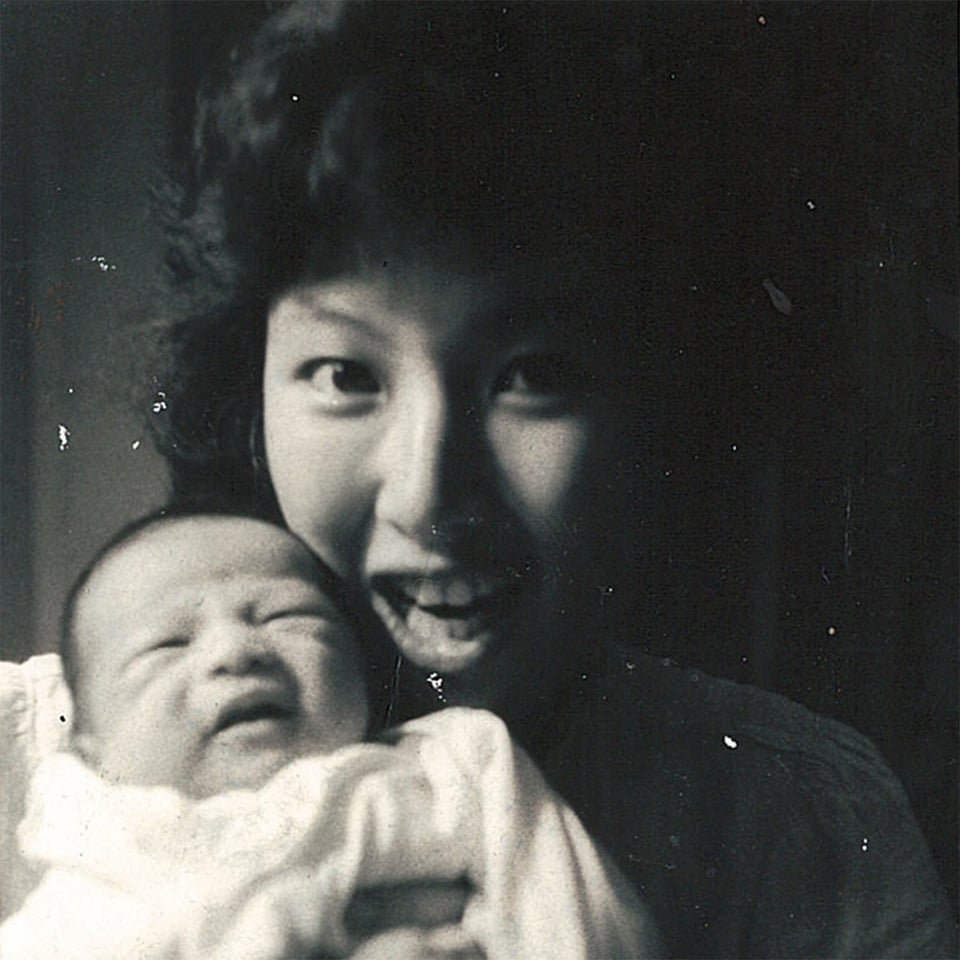
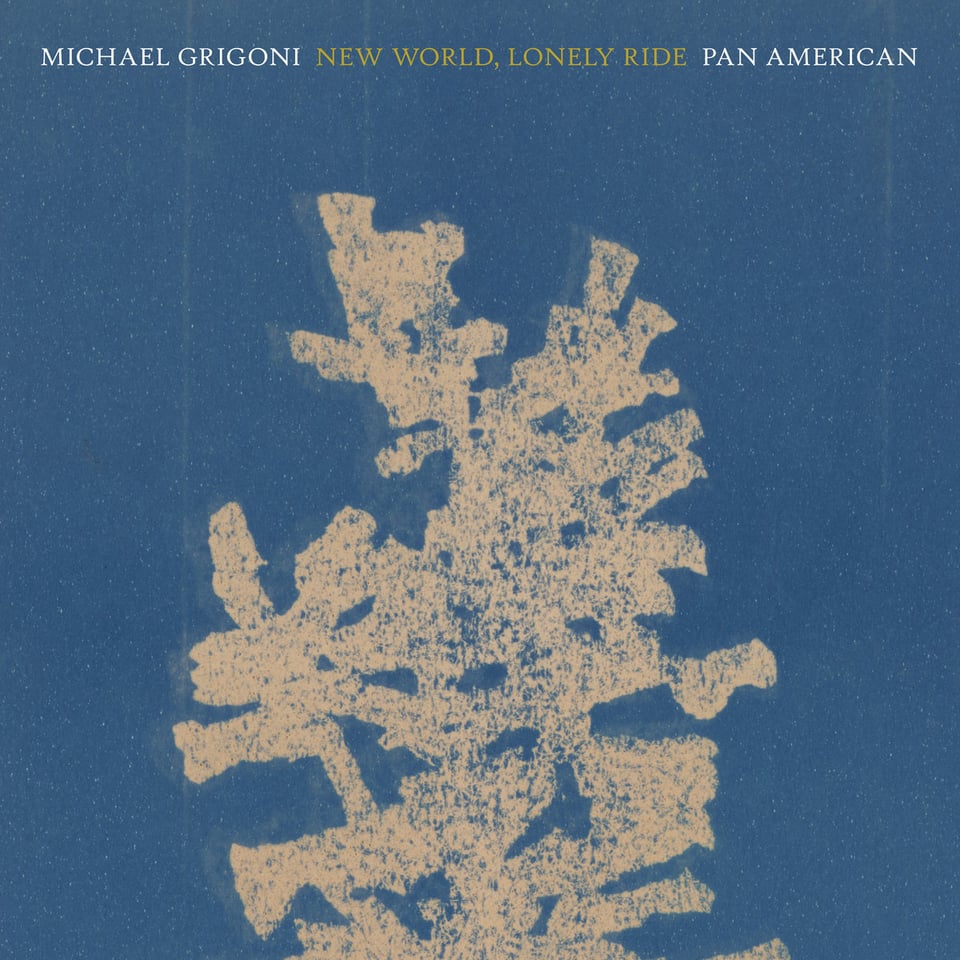

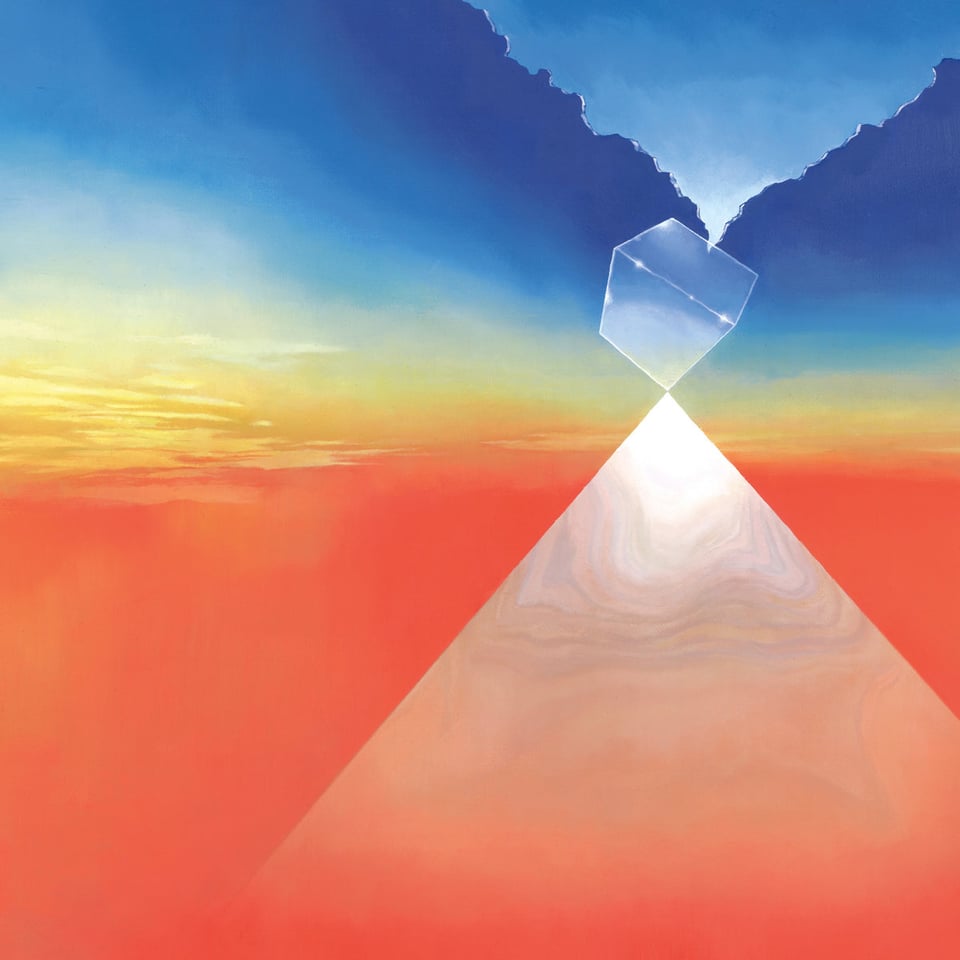
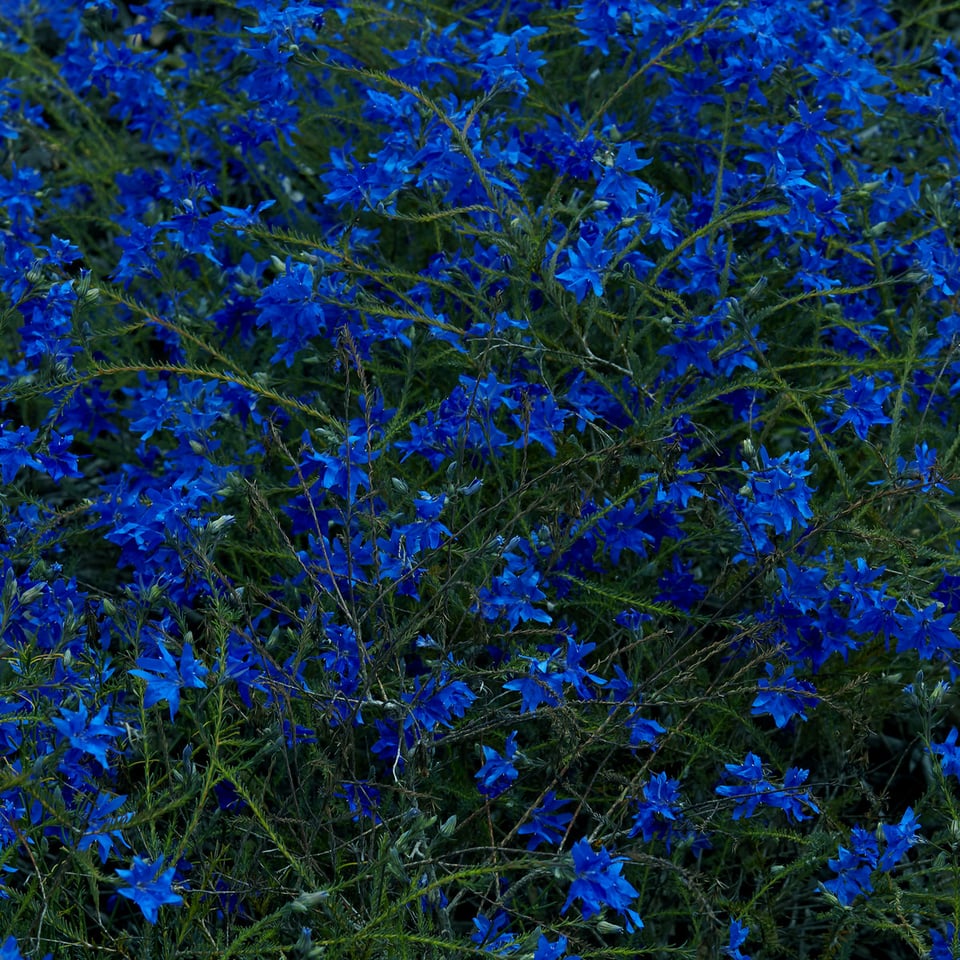
Five gentle albums, for background listening or for environments in which atonal squarks are not appropriate. (There are plenty of them.) The first is Gloria, an album by Dustin Wong. The album is dedicated to his grandmother, who had recently passed away. it is warm and beautiful, and gently experimental without doing anything too abrasive or difficult to spoil the mood. The next one is New World, Lonely Ride, an ambient, warmly fuzzy collaboration between Michael Grigoni and Pan American led mostly by their gently duetting guitars. Then I Can Hear The Grass Grow by Celestial. It is a slightly generic sounding album, but undeniably lovely. The album intends to evoke the natural world in its sound and I defer to the liner notes for a more poetic description. They talk of “organic, fungal textures blossoming in layers of acoustic and electric guitar, droning harmoniums, and shimmering synth washes.” Next is Cole Pulice’s Land’s End Eternal, with the vibrant cover art. This is an ambient jazz thing with soft humming sax and wobbly guitar that is just ethereal and lovely. The liner notes are nonsensical, but the ending line is nice. It says that Land’s End Eternal is “prismatic and textured, subtly shifting yet never formless, a humming portal into another world.“ Last is Gift Songs by Jefre Cantu-Ledesma, another willowy, textured ambient album inspired by the natural world. Not much to say. His stuff is always good!